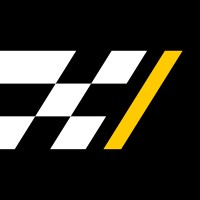
Wayfair
Wayfair is the destination for all things home: helping everyone, anywhere create their feeling of home. From expert customer service, to the development of tools that make the shopping process easier, to carrying one of the widest and deepest selections of items for every space, style, and budget, Wayfair gives everyone the power to create spaces that are just right for them.






